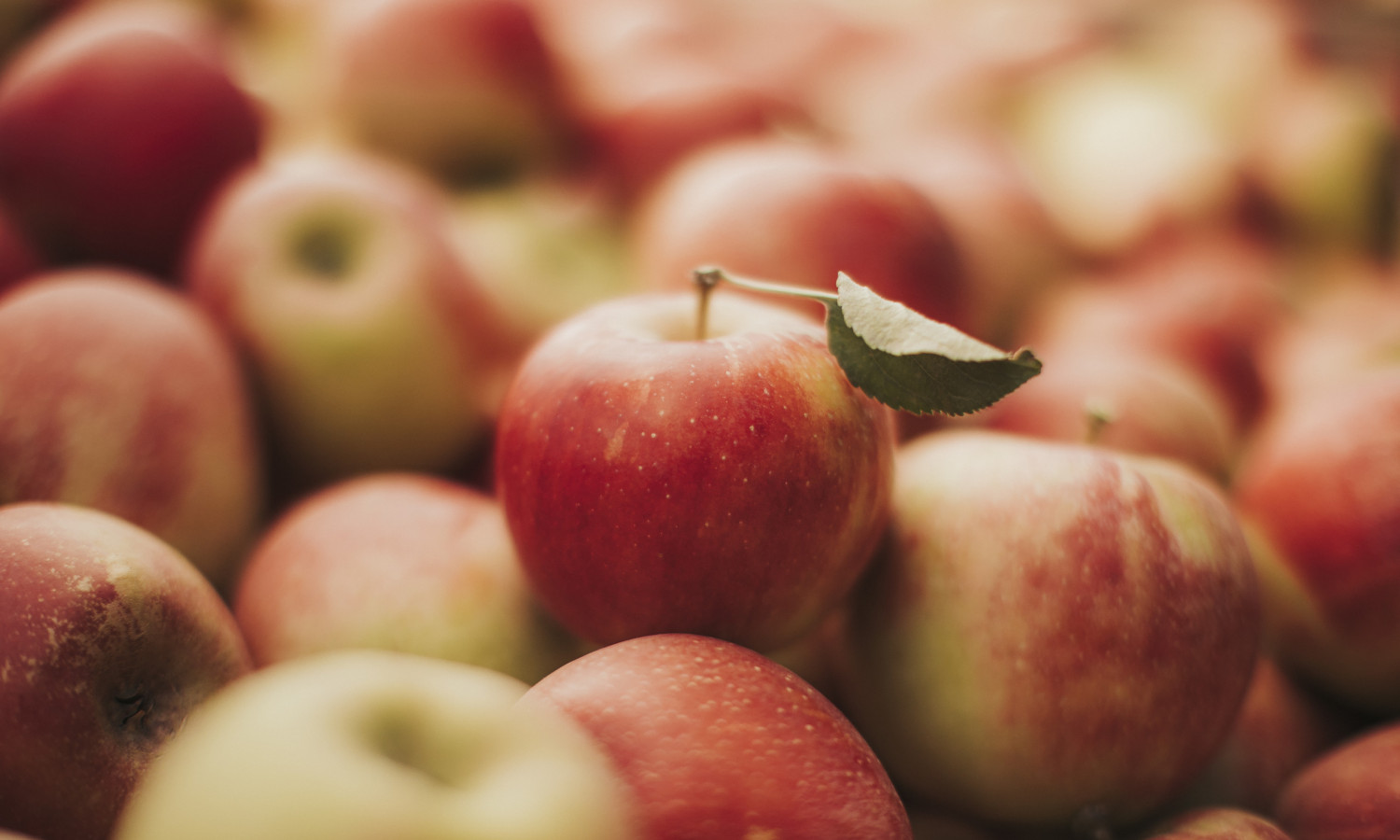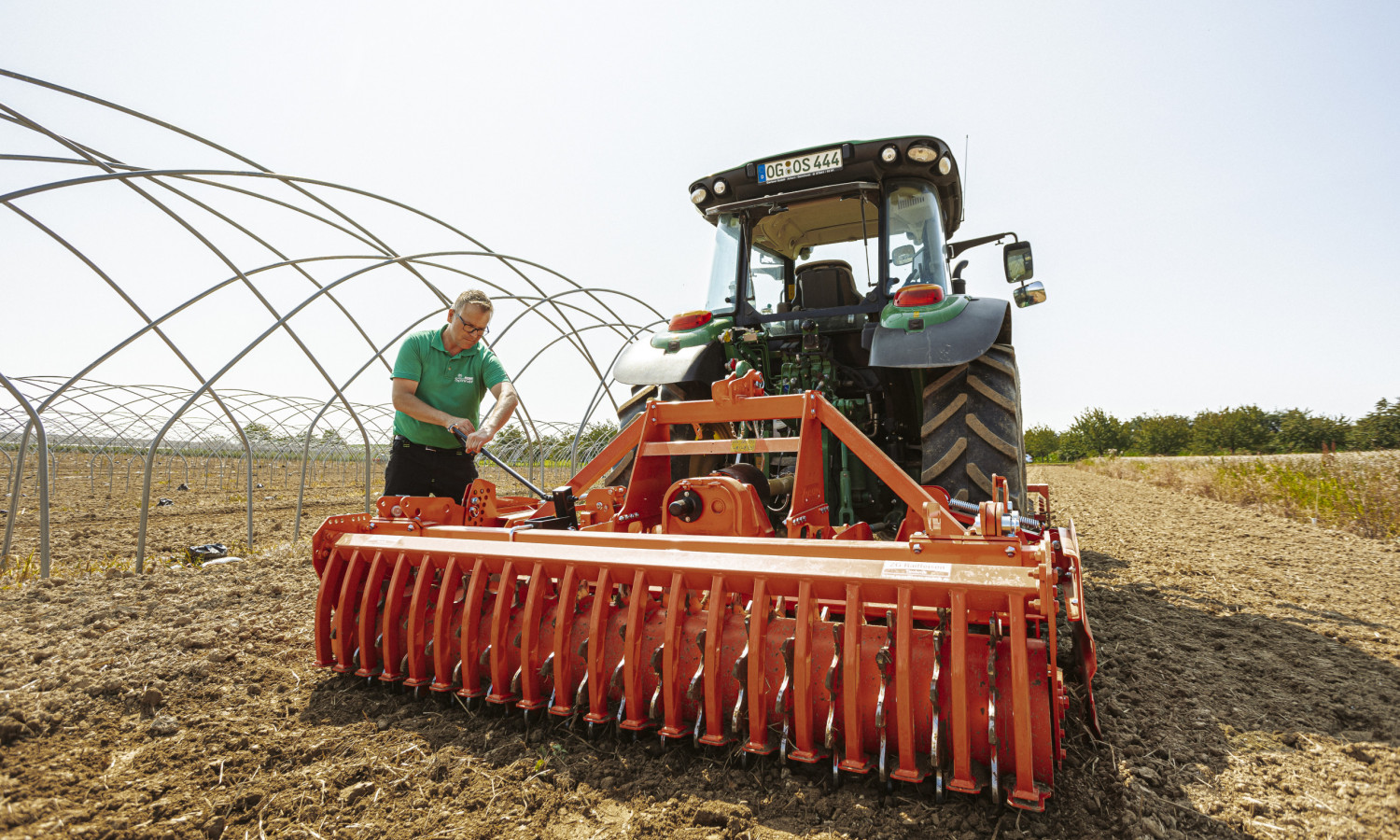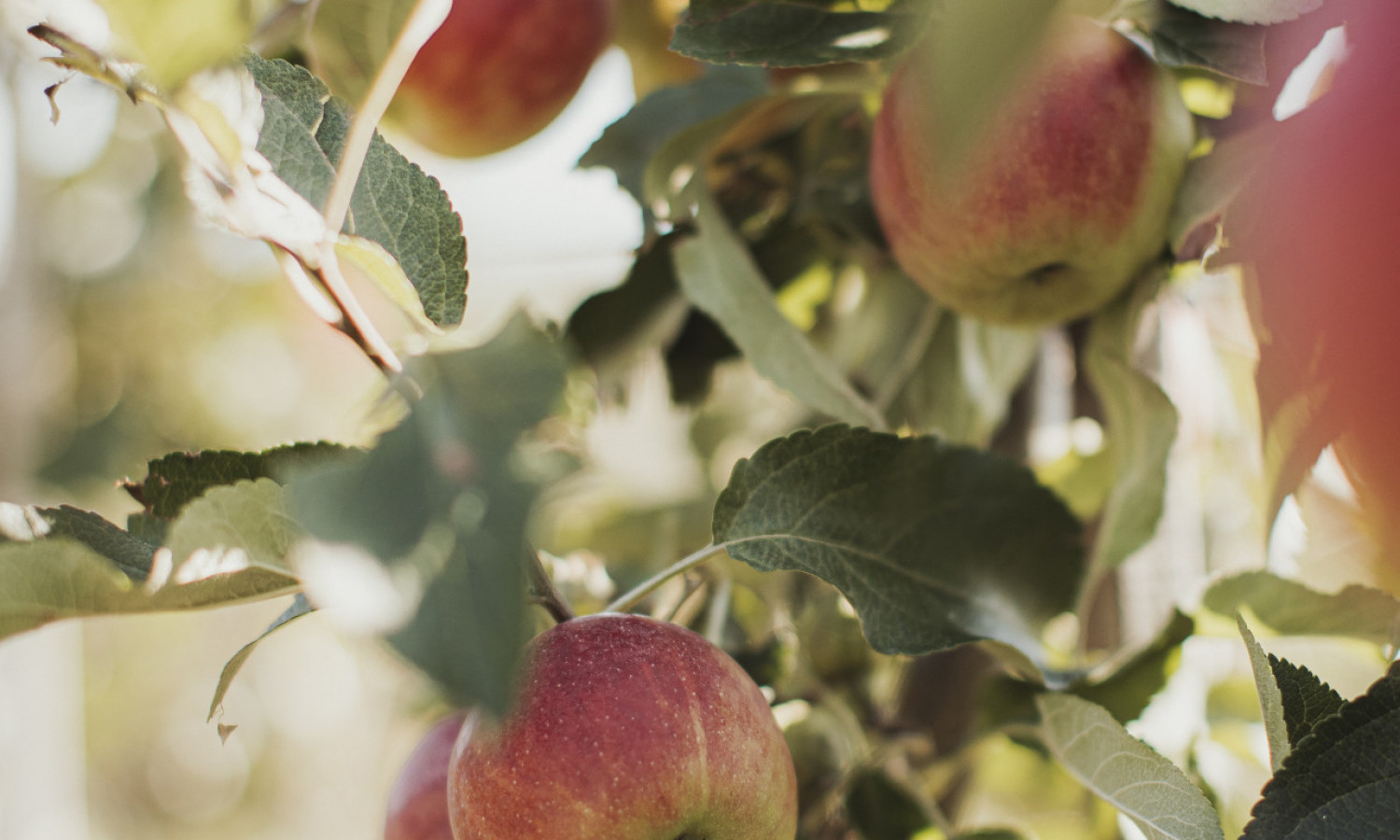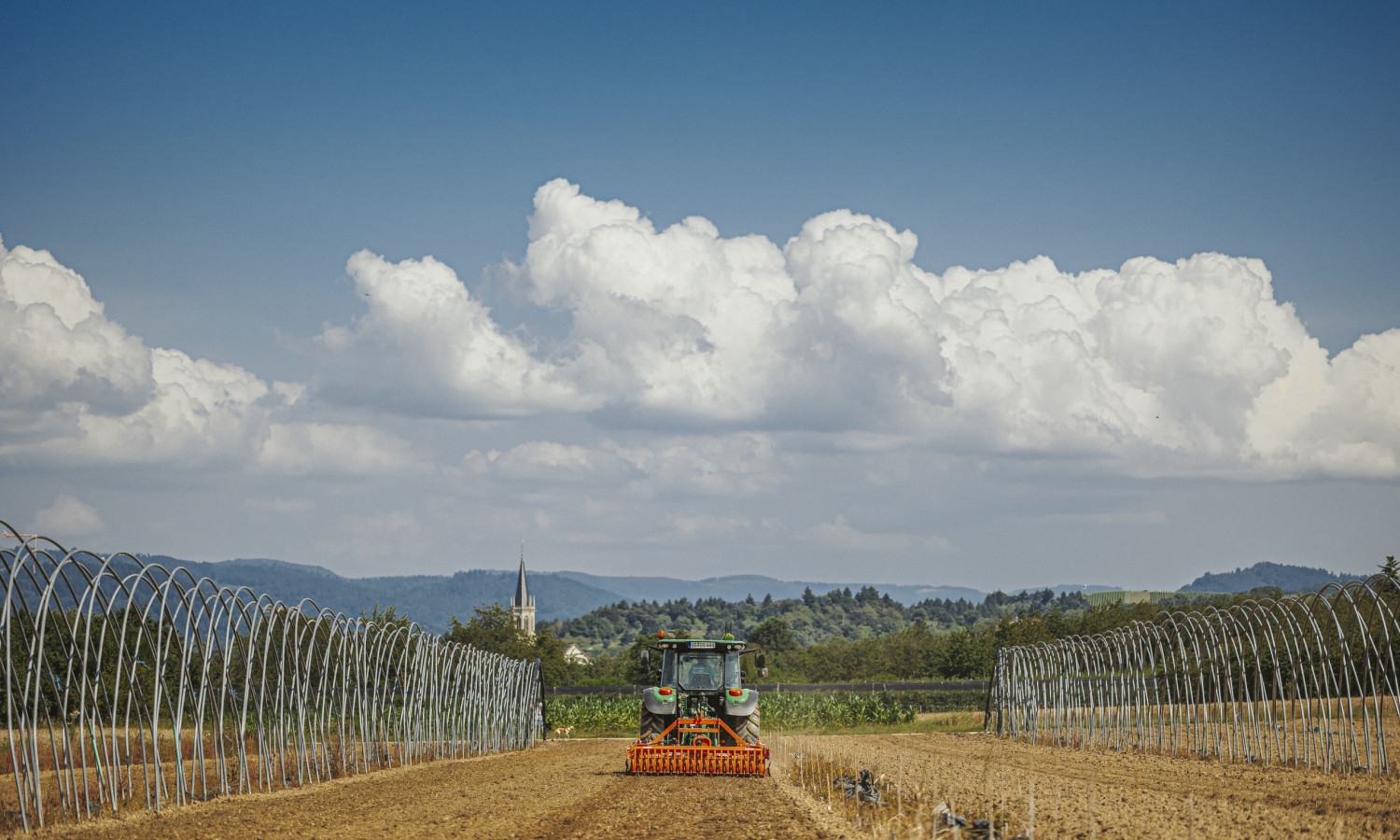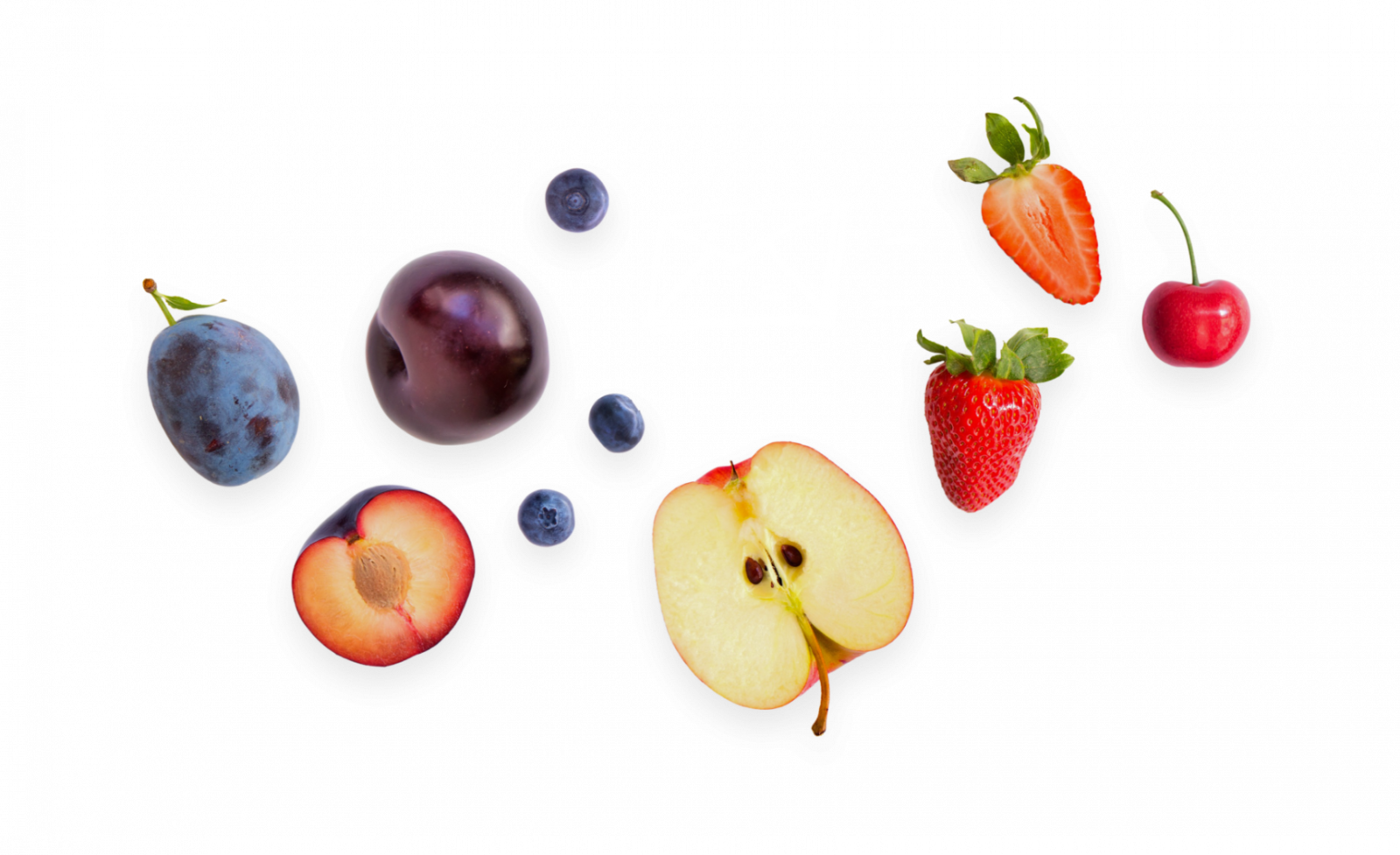- Homepage
-
About us
- Online Shop
- Sales booths
-
Blog & Recipes
- Jobs
- Harvest calendar
- Contact & Directions
- Newsletter subscription
Operating profile
We cultivate about 30 ha of special crops, which are divided as follows:
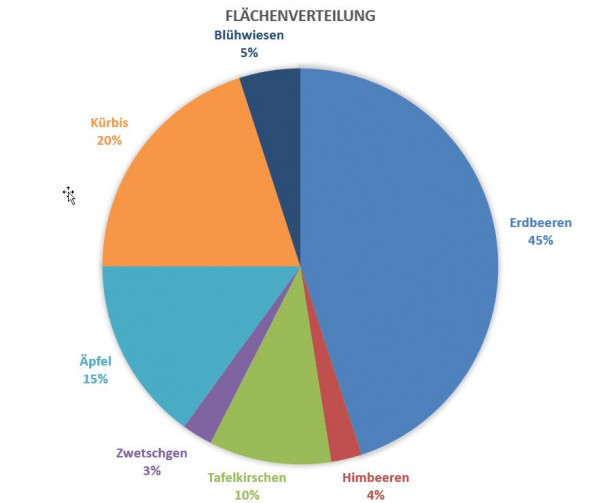
In addition, we also have alternate areas for strawberry and pumpkin cultivation, which two selected farmers plant in the meantime with green manure and cereals, so that we always have enough straw for our strawberry fields. We try to organize our cultivation in such a way that we can provide our customers with fresh, tasty and authentic food, while respecting natural life cycles.
Cultivation
The cultivation takes place on our own and leased fields. There, the plants grow in the valuable soils that we have been cultivating and caring for, in some cases, for decades. The soil as a basis for production is of particular importance, as it is crucial for the good quality of our fruit. Equally important is the good climate here with us, because only with enough sun and rain we have delicious fruit. If it does not rain enough, we can use our own well water to irrigate our plants so that they can develop well. Fortunately, here in the Upper Rhine Graben between the Black Forest and the Vosges, we have the largest groundwater reservoir in Europe. We appreciate and protect this, which is why we have changed our irrigation from overhead irrigation to water-saving drip irrigation in recent years, where it makes sense.
We see our cultivation as a complete work, where it is important to combine old knowledge with new techniques. In doing so, we focus not only on nature, but also on people.
The aim of the cultivation is to produce healthy fruit with a high internal quality, taking into account environmental protection at a fair price. We will be happy to explain more about a cultivation in a personal conversation, feel free to ask at the next purchase.
Principles
To achieve this, our agriculture is based on a number of goals and principles, as well as practices designed to minimize human impact on the environment. This ensures that the agricultural system functions as naturally as possible.
Typical practices at our company:
- Perennial crop rotations as a prerequisite for effective use of locally available resources
- Reduce the use of chemically synthetic pesticides and synthetic fertilizers.
- Absolute ban on the use of genetically modified organisms
- Use of locally available resources such as straw as cover material for strawberries & raspberries.
Of course, we also have a quality management system in which we document our cultivation. The delivery release according to QS GAP has been a matter of course for us for many years.
Spinner Karl-Wendelin QS approval no. OGK0640000080


